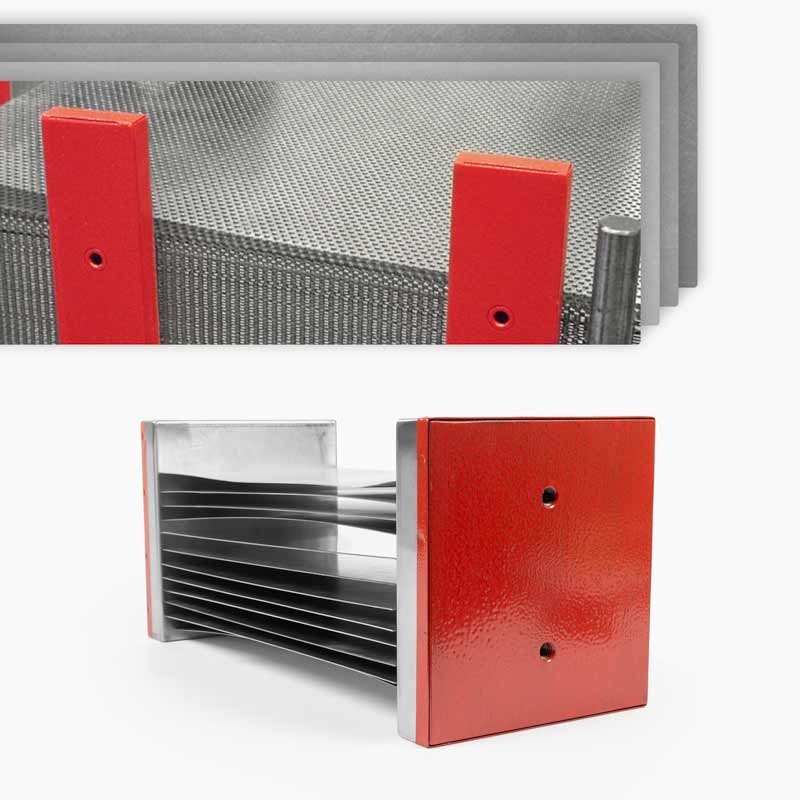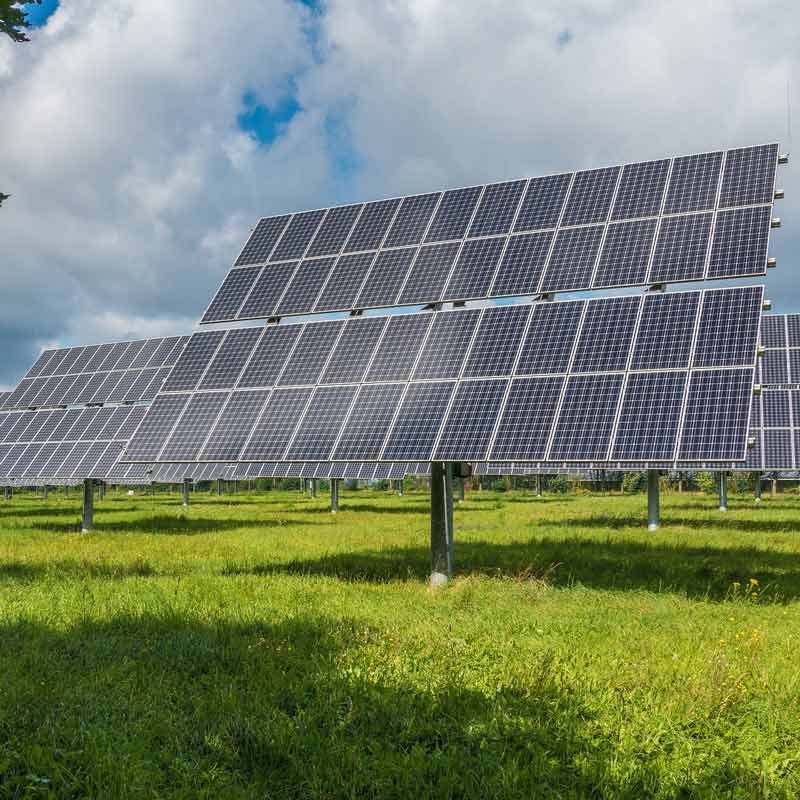Recent Post

Magnets in Restaurant Kitchens

Global supply challenges and HYAB’s role

Electromagnets – a more controllable magnet

Magnetic filtration in the process industry

Sheet metal handling – Easier with magnets
How magnets boost the production of solar panels and photovoltaic cells
Published: 2023-04-21 13:19:05 • Daniel Gårdefelt
Discover the crucial role magnets play in the production of solar panels and photovoltaic cells, enhancing efficiency and contributing to the growth of solar energy technology.
Introduction
In the global transition to renewable energy sources, solar energy has emerged as a key actor. At the core of this technology are photovoltaic (PV) cells and solar panels, which convert sunlight into usable electricity. Magnets have a substantial effect on the production and operation of these devices, enhancing their efficacy and paving the way for future advancements in solar energy technology. In this article, we'll examine the vital function magnets play in the production of solar panels and PV cells, as well as their impact on the solar energy industry.
Magnets Used in Solar Panel Manufacturing
Magnets are used throughout the production of solar panels, from manufacturing to final assembly and installation.
a. Silicon Wafer Manipulation: Thin silicon wafers serve as the base material for PV cell production. Throughout the manufacturing process, magnets aid in the safe and efficient handling and transportation of these fragile semiconductors.
b. Automated Assembly: Magnets assist in the precise positioning and alignment of solar panel components on automated assembly lines. This increases overall assembly precision and efficiency.
Magnetic mounting systems can facilitate solar panel installation by providing a secure and simple-to-install solution that reduces installation time and expenses.
Magnets in PV Cell Performance
Magnets also affect the operation of PV cells and their ability to generate electricity:
a. Enhancement of the Magnetic Field: According to studies, optimizing the magnetic field surrounding a PV cell can enhance its performance. This strategy has increased the conversion efficiency of specific varieties of PV cells.
b. Solar Tracking Systems: Solar tracking systems allow certain solar panel installations to track the sun throughout the day, maximizing energy production. Magnets are utilized in these tracking systems to provide accurate and seamless panel motion control.
Magnets in the Storage and Conversion of Energy
Efficiencies in energy storage and conversion are becoming increasingly essential as solar energy production increases. Magnets contribute to these processes:
a. Magnetic Bearings in Energy Storage: Flywheel energy storage systems, which store excess solar energy for subsequent use, can utilize magnetic bearings. These bearings reduce friction, noise, and maintenance requirements, thereby increasing the storage system's overall efficiency and service life.
Magnetic couplings can be utilized in power conversion devices such as inverters, which convert the direct current (DC) produced by solar panels into alternating current (AC) for household and commercial use. Magnetic couplings enable more efficient and smoother power transmission, thereby enhancing inverter performance.
Magnetism's Future in Solar Energy
As solar energy technology continues to advance, it is anticipated that magnets will play an increasingly important role in the industry.
a. Advanced PV Materials: Ongoing research into new PV materials, such as perovskites and quantum dots, may result in the development of PV cells with enhanced magnetic properties, thereby enhancing solar energy conversion efficiency.
b. Magnets Directly Integrated into Solar Cells: Integrating magnets directly into solar cells could pave the way for enhanced performance and innovative designs in solar energy technology.
Conclusion
Magnets are essential to the production and operation of solar panels and photovoltaic cells, thereby contributing to the advancement and efficiency of solar energy technology. From the manufacturing process to energy storage and conversion, magnets play an essential role in making solar energy a more accessible and sustainable future solution. As research and innovation advance, the potential applications of magnets in solar energy are expected to expand, propelling the solar energy industry towards further growth and improvement.


